The prospect of surgery is a terrifying one for many people, but it is often the best option when someone is diagnosed with prostate cancer. Dealing with the aftereffects is usually worth it to be cancer-free.
To go through with the surgery, along with the complications that can arise, only to find out that there was never any cancer in the first place would be a terrible mental blow.
Unfortunately that is exactly what happened to Rickie Huitt, of Iowa, in April of 2017.
According to the Des Moines Register a July 2018 deposition, Joy Trueblood, the pathologist at The Iowa Clinic who was responsible for testing the sample from Huitt for prostate cancer admitted to having mixed up the sample with one from another patient. That patient did have prostate cancer.
The specific details of the mix-up in testing weren't disclosed during the trial.
Prostate cancer screenings are vital in the diagnosis and treatment process, as patients done generally notice symptoms until the disease has progressed significantly. The onus is on the laboratories doing the testing to ensure the results are accurate.
Huitt, who had been told he had prostate cancer, opted to undergo surgery to remove his prostate. During the surgery, he suffered damage to nearby nerves which left him incontinent and impotent.
While The Iowa Clinic freely admitted to the mistake, and accepted responsibility, they didn't feel that Huitt was entitled to the amount of money he was seeking.
Huitt, who is a retired John Deere factory worker, and his wife Judy filed a lawsuit; they sought $15 million in damages.
Jack Hilmes, attorney for the clinic, recommended that Huitt be awarded $750,000.
Hilmes asked jurors to be reasonable in setting damages, saying:
"There's never been a dispute that there was an unnecessary surgery. Clearly, we disagree that $15 million is reasonable compensation."
The legal team for the Huitts, led by nationally known malpractice lawyer, told jurors that the amount requested was reasonable in light of the amount the couple had suffered because of the unnecessary surgery and the clinic's negligence.
The clinic's defense team claimed that Huitt didn't deserve $15 million in compensation because he was still able to do some daily activities like mowing his lawn or picking up his granddaughters from school, but Rowley reminded jurors that Huitt has lost out in other areas of his life.
"For him, he's lost his manhood. If he had lost his left leg, there wouldn't be any reason to talk about his nose or his ears or his left hand."
After hearing arguments from both sides, the jury chose to award Huitt $12.25 million in damages.
Twitter users were quick to support Huitt, with several saying he was awarded too little.
The Huitts told the Register that they hadn't learned the identity of the person whose sample was mixed up with Rickie's. They did learn that the mix-up led to that patient's proper diagnosis being delayed by about four months, though, according to Judy Huitt.
The couple said that they would like to talk with the patient, if that is something he wants to do. They said he can contact them through Mark Hedberg, their lawyer in Des Moines.
"We felt like we led his life for a few months. We just hope he's OK."
The diagnostic mix-up was only realized because a second pathologist tested Huitt's prostate after it was removed and did not find any cancer.
With new research into prostate cancer, and new treatment options being tested, there may be a time when surgery becomes unnecessary.
Compassion and understanding will always be vital, though. The way the clinic handled the situation, and the disclosure of the error, was problematic.
Judy told the Register that the couple understood that Trueblood made an honest mistake, but that the doctor and clinic needed to work to ensure the same mix-up can't happen to anyone else.
"They never told us they were sorry. Never once."

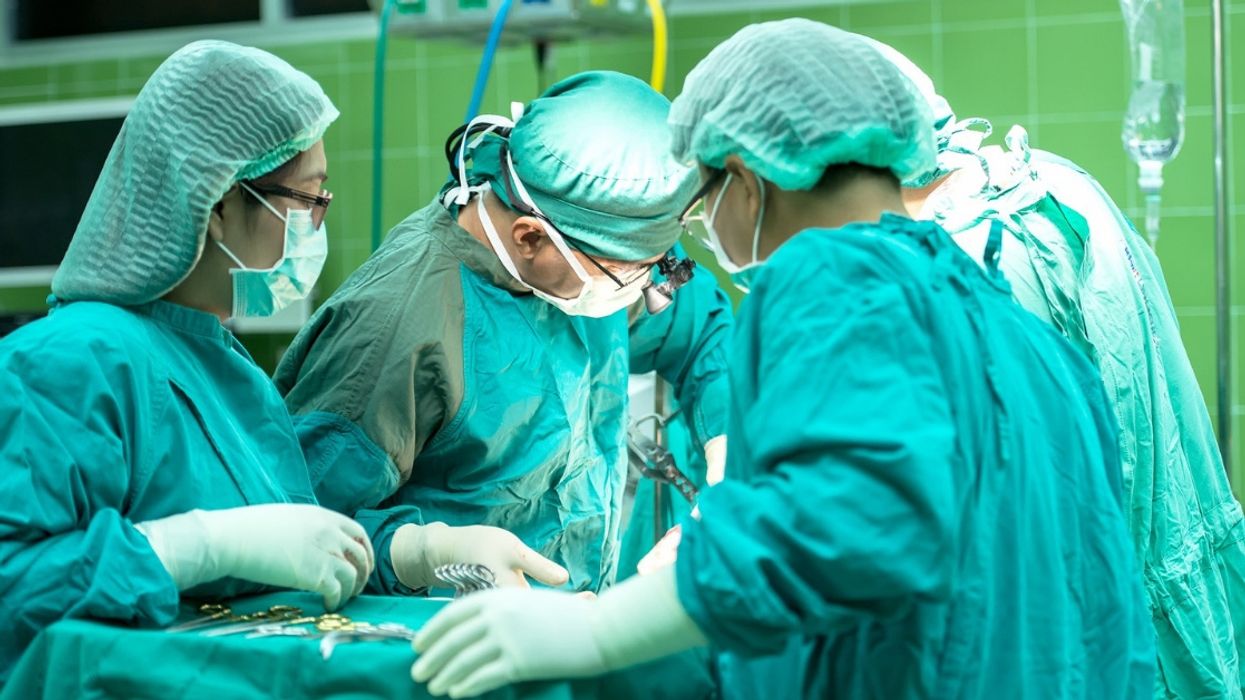

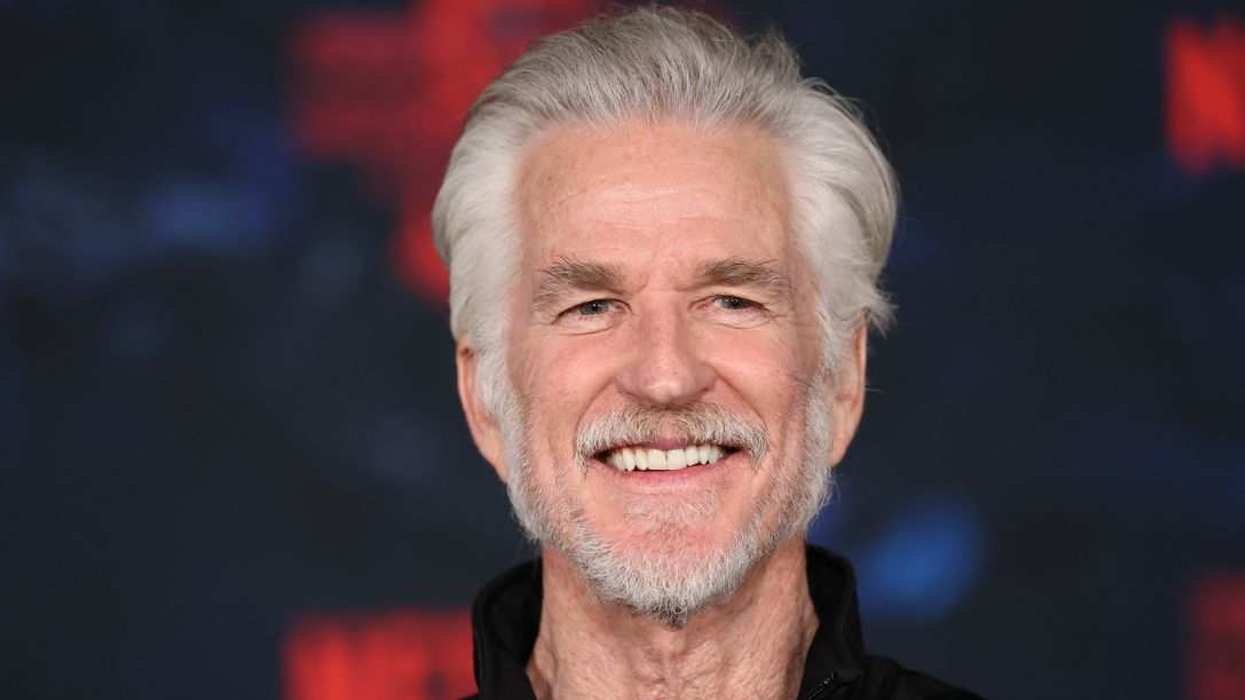

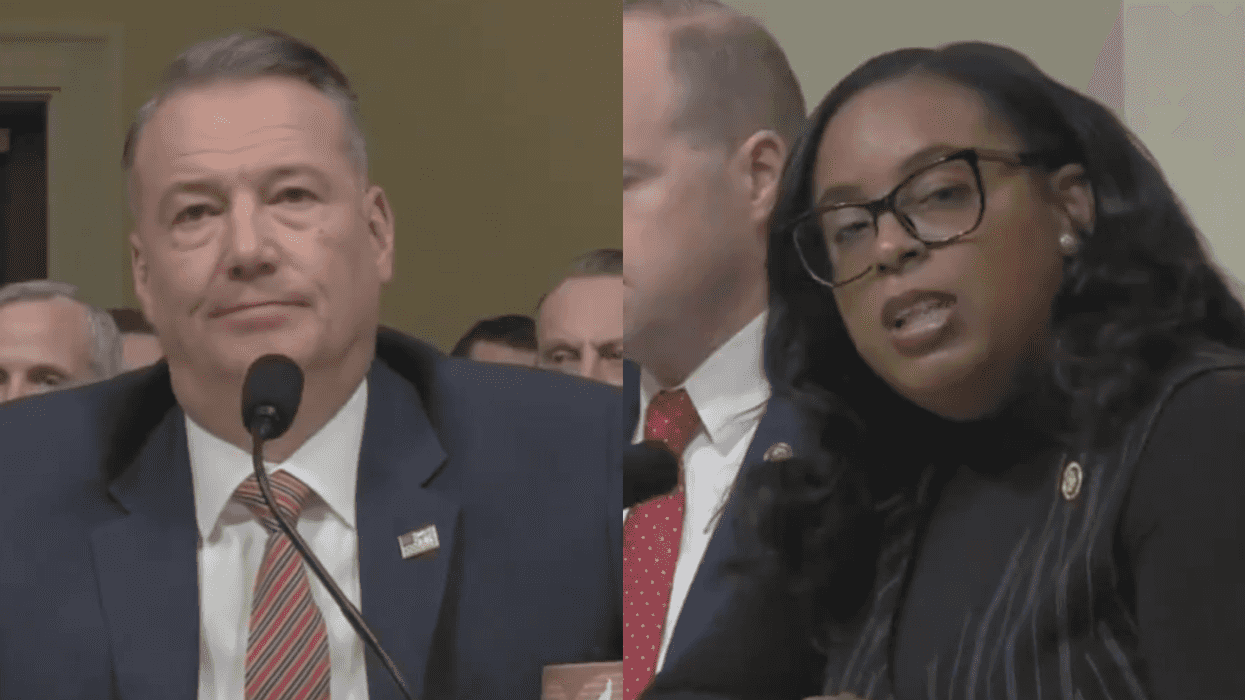


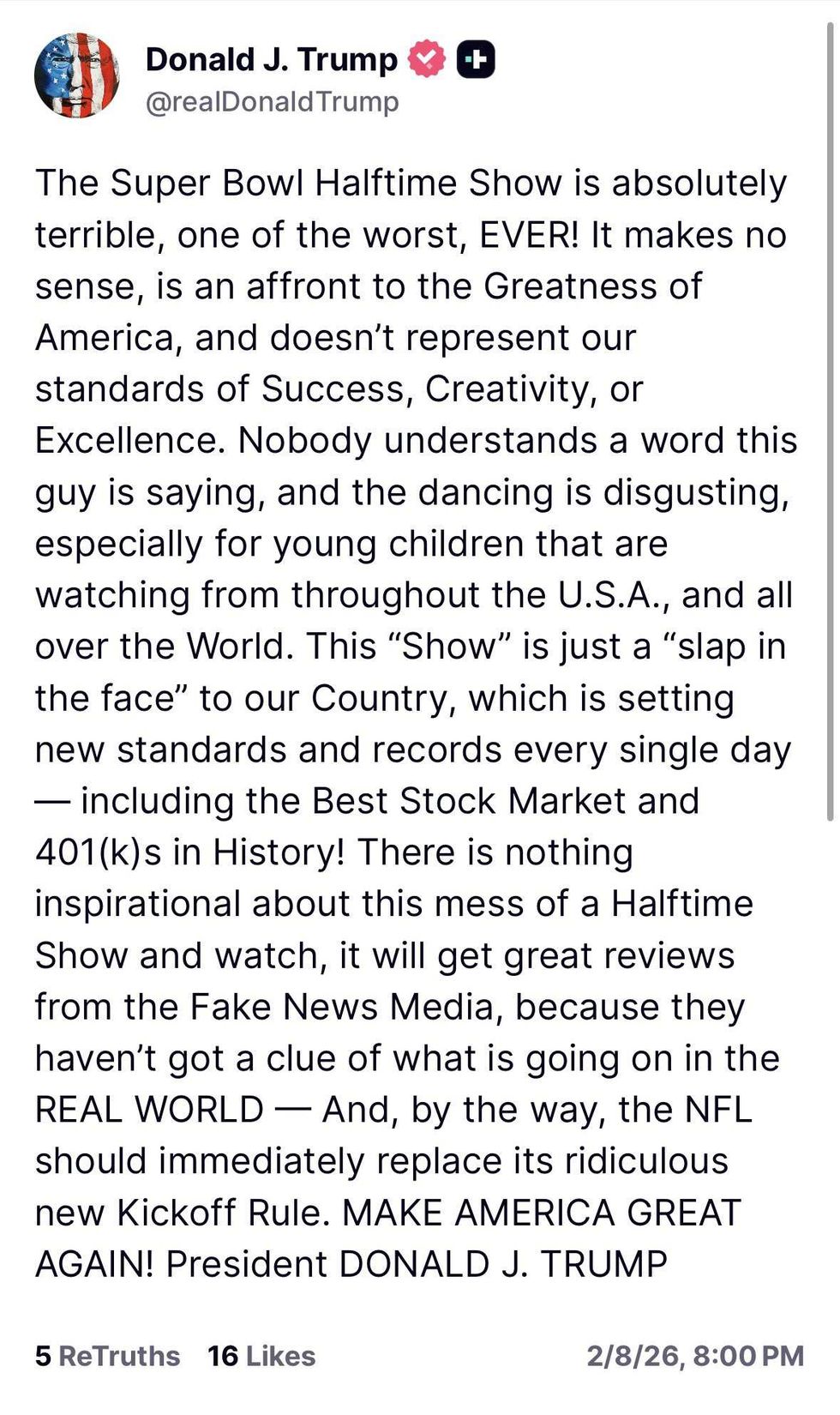 @realDonaldTrump/Truth Social
@realDonaldTrump/Truth Social



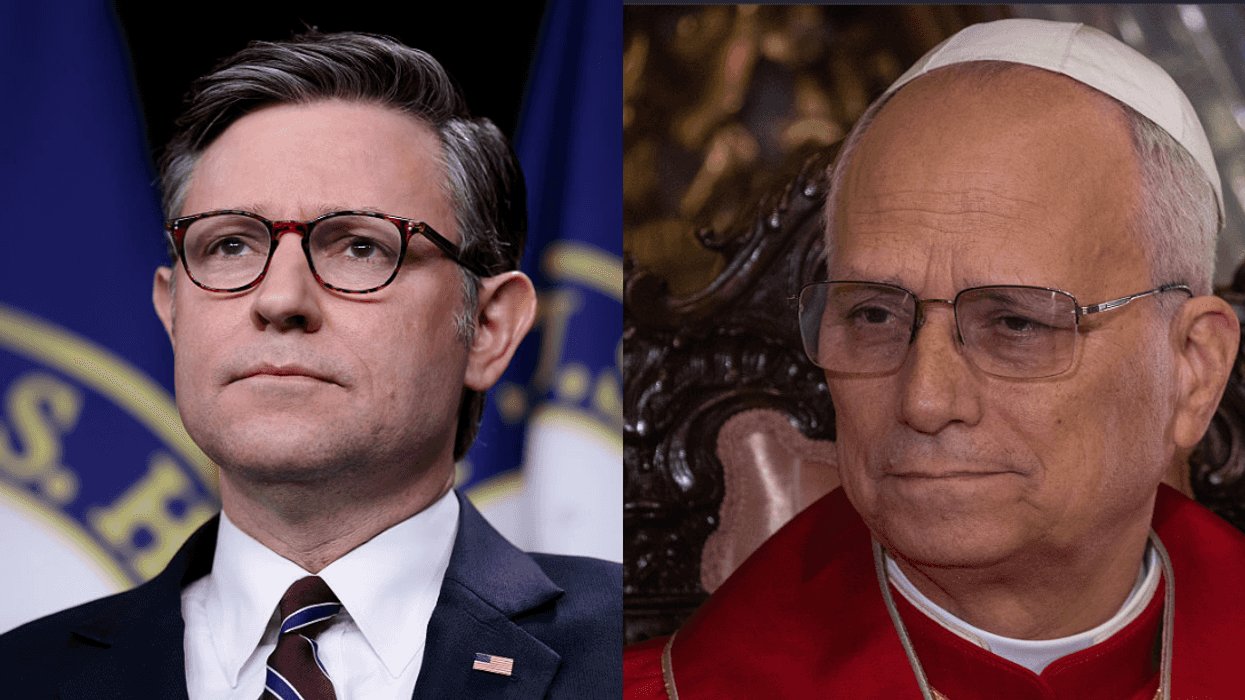


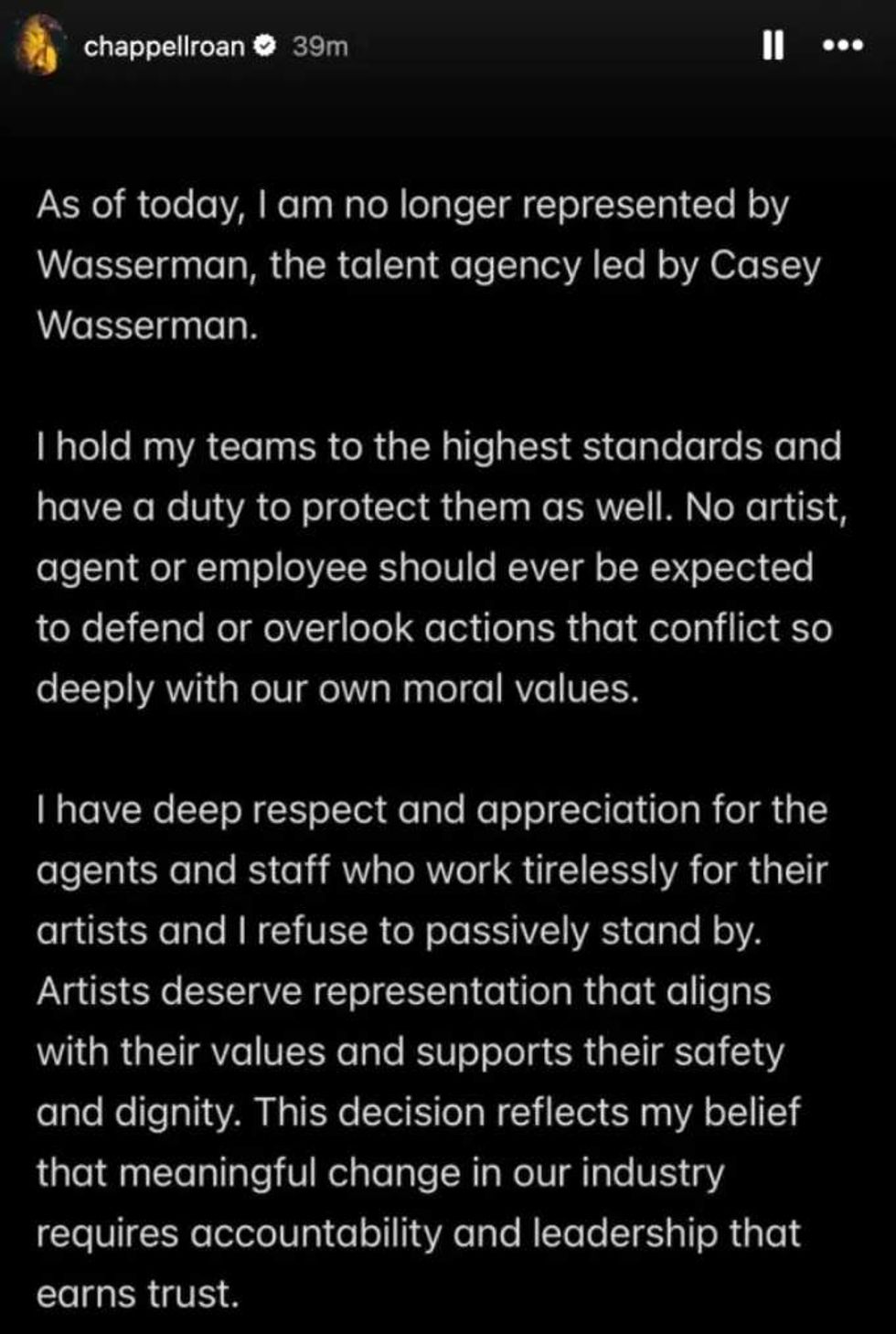 @chappellroan/Instagram
@chappellroan/Instagram r/Fauxmoi/Reddit
r/Fauxmoi/Reddit r/Fauxmoi/Reddit
r/Fauxmoi/Reddit r/Fauxmoi/Reddit
r/Fauxmoi/Reddit r/Fauxmoi/Reddit
r/Fauxmoi/Reddit r/Fauxmoi/Reddit
r/Fauxmoi/Reddit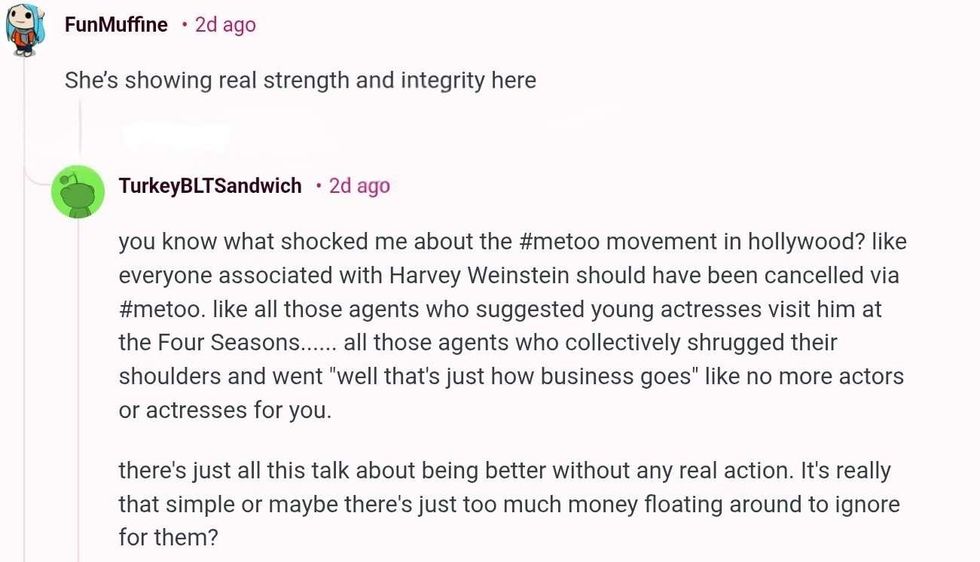 r/Fauxmoi/Reddit
r/Fauxmoi/Reddit r/Fauxmoi/Reddit
r/Fauxmoi/Reddit r/Fauxmoi/Reddit
r/Fauxmoi/Reddit r/Fauxmoi/Reddit
r/Fauxmoi/Reddit r/Fauxmoi/Reddit
r/Fauxmoi/Reddit r/Fauxmoi/Reddit
r/Fauxmoi/Reddit r/Fauxmoi/Reddit
r/Fauxmoi/Reddit r/Fauxmoi/Reddit
r/Fauxmoi/Reddit r/Fauxmoi/Reddit
r/Fauxmoi/Reddit @ANASKHA96399553/X
@ANASKHA96399553/X r/Fauxmoi/Reddit
r/Fauxmoi/Reddit r/Fauxmoi/Reddit
r/Fauxmoi/Reddit r/Fauxmoi/Reddit
r/Fauxmoi/Reddit
 @odinikaeze/X
@odinikaeze/X @OneSixtyToOne/X
@OneSixtyToOne/X @Dazz222/X
@Dazz222/X